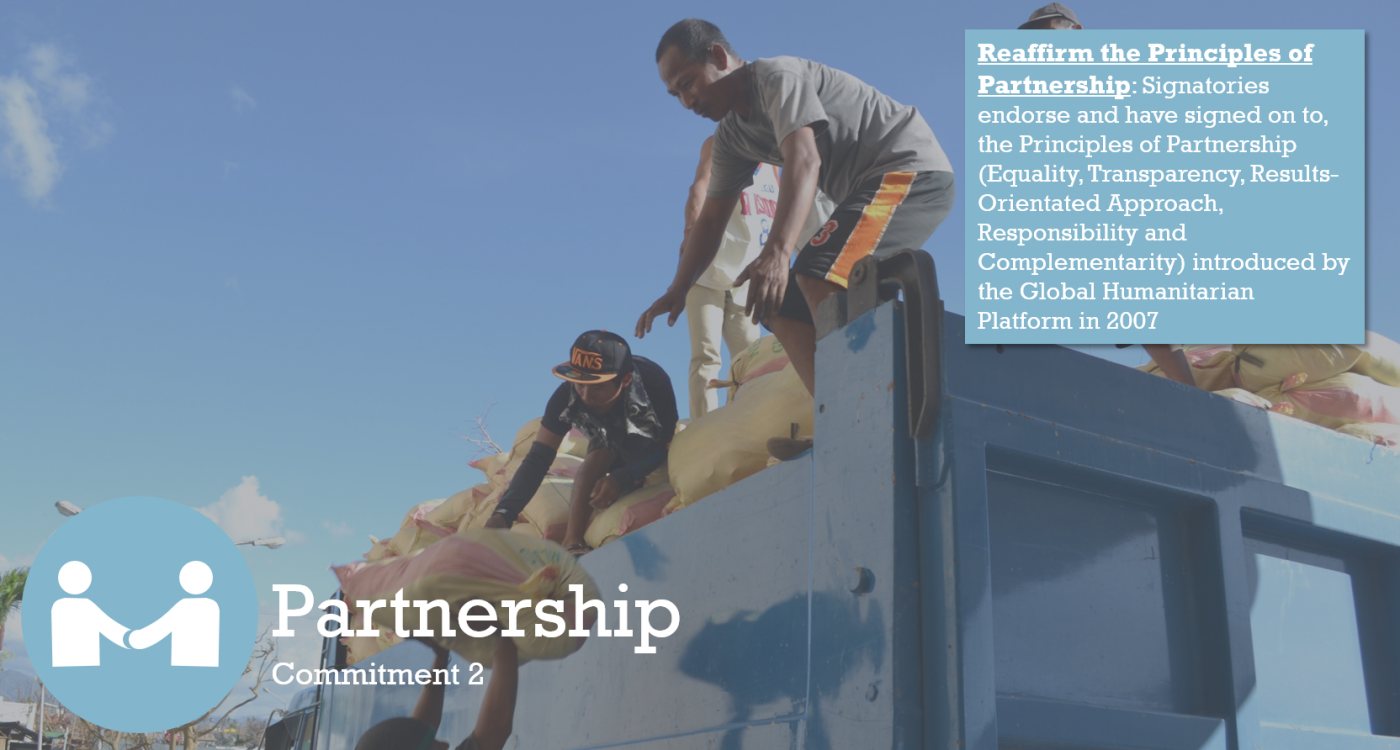Abbas Kigozi, Influencing Coordinator-ELNHA, Oxfam
Amidst the triple crises of locusts, floods and Covid-19 pandemic, a network of Local and National NGOs and International NGOs are progressively working to redefine the agenda on the localization of humanitarian aid in Uganda.
In November 2019, inspired by the work of the global Charter for Change network, Oxfam through the support of the Empowering Local and National Humanitarian Actors project initiated dialogues between Local and National Humanitarian actors, and likeminded International NGOs aimed at bringing about change in the humanitarian system in Uganda. These dialogues gave birth to what came to be known as the Charter for Change Working Group in Uganda.
Guided by the 8-point Charter for Change and aligned to work stream 2 of the Grand Bargain, this network has embarked on a journey of promoting an increased role of local and national actors in humanitarian response in Uganda.
Under the leadership of women, elected from local actors and representing charter endorsing organizations of African Women and Youth Action for Development (AWYAD) and Community Empowerment for Rural Development (CEFORD) respectively, the network was able to adapt the C4C Covid 19 Advocacy letter and mobilize local actors support prior to its submission to the Resident Coordinator in Uganda.
The network has further prioritized making endorsement to the Charter for Change a national movement and to date there are 46 endorsements from Local and National NGOs in Uganda. These have been complemented by International NGOs signatories and allies in trying to shape the agenda on the localization of humanitarian aid. Notable among these are the Catholic Relief Services, Care International, Cordaid International, War Child Holland, Dan Church Aid, Plan International, Urban Refugees, Trocaire, World Vision, Danish Refugee Council, Xavier Project, Johanniter International Assistance and Malteser International.
The journey may have just began and the road may still be bumpy, we however would like to celebrate the Local and National NGOs together with the International NGOs that have been instrumental in the: development and adoption of the terms of reference, drawing of an action plan, electing an all women leadership, promoting inclusivity and diversity to the network, soliciting support of the top leadership from their respective organizations, popularization of the C4C, attending bi-monthly meetings, hosting the meetings and development of joint agency influencing products.
If there is any lesson the network has drawn from the triple crises, it is the need to fast track changes in the humanitarian system to ensure locally led humanitarian action. As the Ugandan government closed its borders and restricted movements among other measures, several international agencies work was and remains constrained.
This has left the local actors at forefront of the triple crises response which resonates with the aspirations of the Charter for Change working group. Not only is it right that local actors be at the forefront of humanitarian response, but it also makes the delivery of humanitarian aid effective.
In light of triple crises, the Charter for Change working group has prioritized amplifying its advocacy and influencing on localizing response to International NGOs, Donors and UN agencies and looks toward making a contribution to progressive changes in the humanitarian system in Uganda.
—
Blog by Abbas Kigozi, Influencing Coordinator-ELNHA, Oxfam


One thought on “The Charter for Change Working Group Reshaping the Localization Agenda in Uganda”